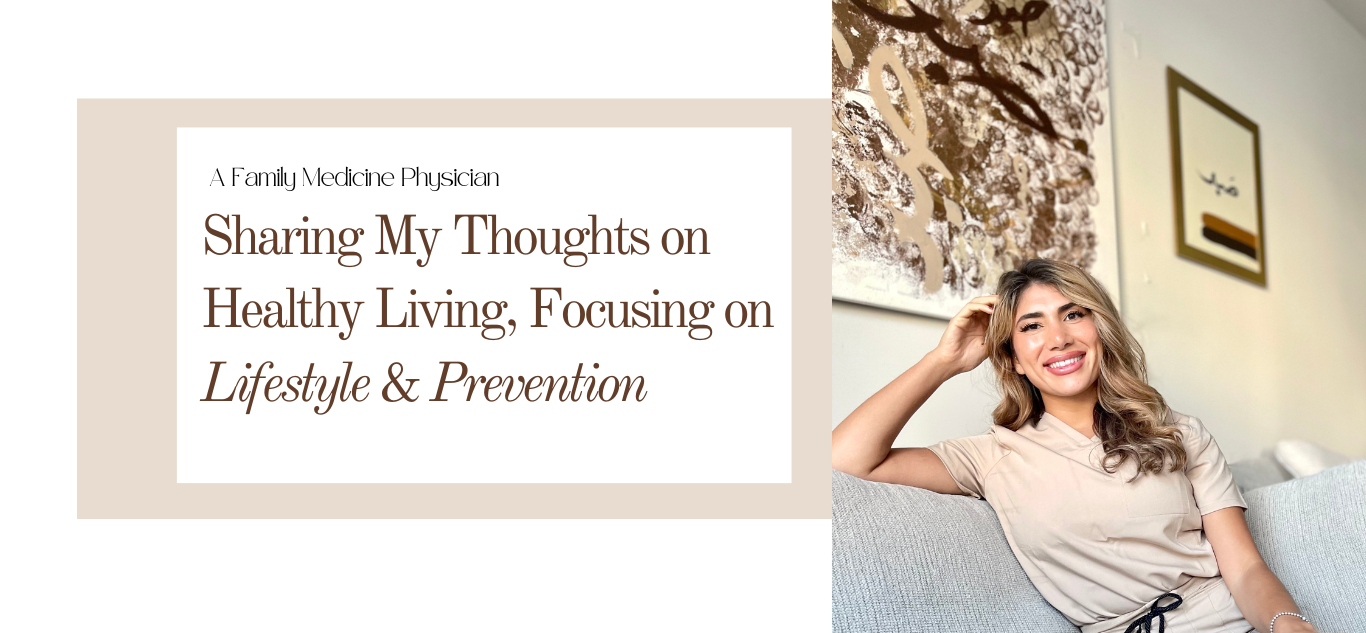Distrust in Medicine, an ongoing conversation
Distrust in Medical Professionals, an ongoing conversation ☝🏼
There are various working parts that contribute to this.
My intention in this post is to first and foremost remind myself to avoid these mistakes that can endanger my patient’s trust in me but to also advocate for patients and provide a reminder for physicians.
Over the past 2 years now, I have a better understanding of why there is such distrust in medical professionals, especially now as a resident while being an advocate for my mom during her hospitalizations. I believe one of the key components that play a large role in this mistrust is the lack of proper communication with patients and the lack of taking the time to understand them.
Here are some reasons that I believe play a part in the mistrust in medical professionals.
🗣 Rushing through and not providing a thorough explanation to educate/inform patients on what is going on with their health. This is especially something I take to heart because I truly believe that we can make a difference in the number of chronic disease incidence by simply taking the time to educate our patients.
🗣 Patients are left in the dark, this is especially something that occurs in the hospital setting. Patients often do not know what tests were done and why. They don’t know what the plan is or are confused because they are receiving different information from different specialists. The lack of proper updates and proper explanation of patients’ health management not only causes mistrust but also causes poor compliance and poor outcome. Often patients put their full trust in the team and believe that everything is done exactly right. And while I naively believed this to be true, it isn’t always. And this isn’t to add further mistrust, but it is to say that physicians should deliver honest and thorough information, which may decrease the chances of mistakes, but patients should learn to ask tough questions and be an active participant in their care. I think medicine is incredible, but it is flawed and the people running it are also flawed (not perfect).
🗣 When patients state their concerns and their concerns are then downplayed or dismissed altogether. This can cause a disconnect, especially when patients are made to feel like an idiot for even stating those concerns. This can lead to keeping crucial information that could help to establish the diagnosis and lead to being placed in situations, like ending in the emergency department when it could have been prevented had they felt comfortable confiding to their PCP, for example.
🗣 The use of condescending or annoyed tone when speaking to patients. This is the absolute worst. There is a difference between talking to patients in a stern and confident manner versus a demeaning and cocky manner. Similar to what was mentioned previously, patients will avoid deliverance of important information because there is that insecurity that can form in patients due to the way they were spoken to.
🗣 Physicians may see the patient’s diagnosis on a regular basis, but the patient may be learning about it for the first time. I think this can be due to becoming immune to a routine: diagnose, treat, on to the next patient, diagnose, treat, on to the next patient — which can unintentionally lead to the false belief that the patient knows more than they actually do. To run away from the room soon after delivering the news can lead to not only distrust but improper care.
This was a long post. I got really into it.
Again, my intention is to first and foremost remind myself to avoid these mistakes that can endanger my patient’s trust in me, and also to advocate for and teach patients and provide a reminder for physicians.




